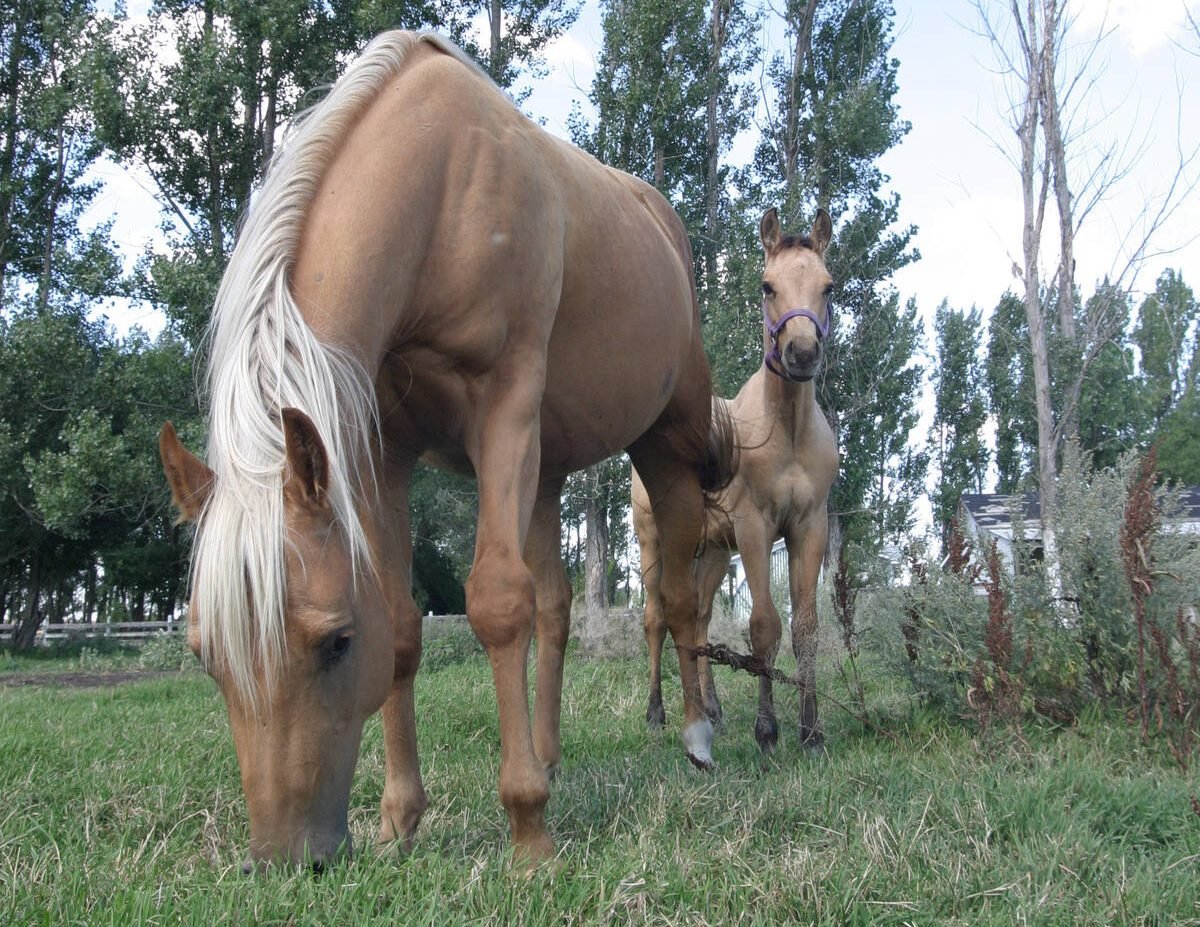First, the big picture on last week’s mini-cabinet shuffle: it likely signals a Conservative government hope that Parliament can grind to a halt and an election triggered before winter.
Newly appointed House leader John Baird is a witty, engaging and politically astute politician who often seems most suited to shoving rhetorical cream pies into the faces of opposition politicians.
If he can’t make the House of Commons dysfunctional because of partisan animosities, no one can.
So why would prime minister Stephen Harper want to use a cabinet shuffle to throw a political stink bomb into the mix that might trigger an election? We’ll get back to that.
Read Also

Growth plates are instrumental in shaping a horse’s life
Young horse training plans and workloads must match their skeletal development. Failing to plan around growth plates can create lifelong physical problems.
But first, the prairie picture from the cabinet shuffle.
Former agriculture minister Chuck Strahl, now minister of transportation and infrastructure among other things, is back in charge of some files on agriculture that are key concerns in the West these days: the Canadian Transportation Agency rail service review, farmer demands for a costing review in light of evidence of railway over-charging, producer car loading site abandonment and rural Canada Post service, to name a few.
True, Alberta-based minister of state Rob Merrifield has handled many of those files but the suspicion has been that he played a lead role because Baird, the former minister, was from urban west Ottawa and knew little about them.
Strahl, reunited with his former Agriculture Canada deputy minister Yaprak Baltacioglu, will find himself pressured to take an active role on those files.
If he does, he will come at them with more of a feel for the rural politics than Baird. While no patsy for agricultural lobbyists, Strahl gave them a hearing.
And he is a gentle soul whose sympathetic and decisive approach won him accolades in his last job as minister of Indian affairs and northern development.
His appointment to the transport portfolio will raise expectations for rural-sensitive policies, although farm lobbyists will watch carefully for evidence that he, like most transport ministers before him, has had a railway- friendly chip implanted in the back of his head.
The bigger picture around the three-person shuffle is also intriguing. Backbencher John Duncan from B.C., who lost his seat in 2006 and narrowly won it back in 2008, is the new Indian affairs minister but that seems more an effort to save his seat than to make a difference.
So we get back to Baird, the affable parliamentary pit bull who may be so obstructionist and aggressive that opposition parties will want to pull the plug on the minority Parliament just to end the pain.
Why would Harper want to do that? The alternative is to present a budget that will impose tough measures to deal with a record deficit and let opposition MPs defeat it and make it the issue.
The government insists it will deal with the deficit without cutting transfers to provinces, payments to individuals, attacking the civil service or raising taxes.
And the cow flew over the moon. Better to run a campaign on undeliverable promises than on a harsh budget. John Baird has a job to do.














